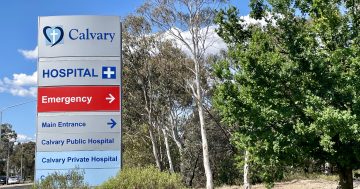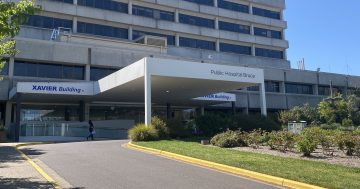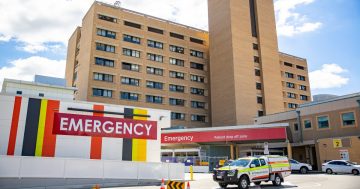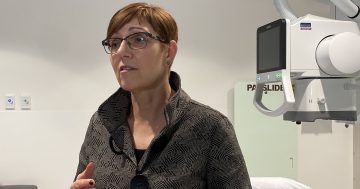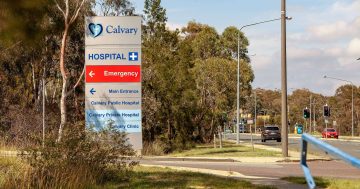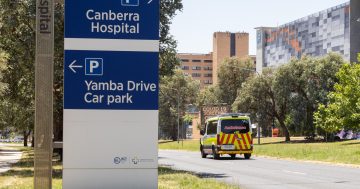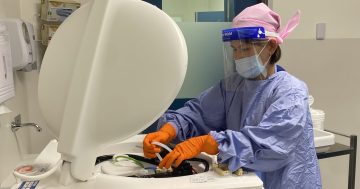It’s a funny thing trust. Once you lost a little bit of it the rest just disappears.
Trust and health statistics is harder still. They’ve always been the sequel to “Lies, Damn Lies, and Statistics”.
But for whatever it’s worth Chief Minister Gallagher is congratulating the troops for significantly reducing the number of postponed elective surgeries:
ACT Chief Minister and Minister for Health Katy Gallagher today congratulated staff in the ACT hospital system for providing surgery to 10,399 people who were on the ACT public hospitals’ elective surgery waiting list in 2011/12.
“Over the past five months the number of operations postponed has fallen to just over five percent, compared with 9.5 percent in the first 11 months of 2010-11,” the Chief Minister said.
“In 2011/12 the numbers of people on the waiting list has dropped by 11 percent to 3,812 – the lowest level in a decade, with on average over 1000 surgeries completed a month.











